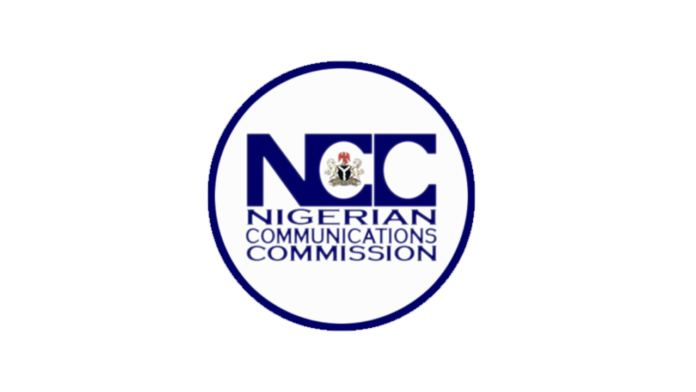Internet consumption in Nigeria dropped slightly following a 50 per cent increase in telecom tariffs approved in January.
Data from the Nigerian Communications Commission (NCC) shows that usage declined from a record 1 million terabytes (TB) in January to 893,054.80 TB in February. It picked up again in March, reaching 995,876.10 TB, though still below January’s figure.
According to BusinessDay, it is worth noting that internet usage typically falls in February compared to January figures, as observed in both 2023 and 2024. However, March usage has historically exceeded January levels.
On 20 January 2025, the NCC approved a 50 per cent increase in calls, data, and SMS tariffs after a decade-long push by telecom operators for price adjustments due to harsh economic conditions. This raised the floor price of calls to ₦9.6 per minute from ₦6.40, the cost of SMS to ₦6 from ₦4, and the cost of 1GB of data to ₦431.25 from ₦287.5.
At the time, Bismarck Rewane, Chief Executive Officer of Financial Derivatives Company, noted that while the tariff increase would benefit operators, it would put additional strain on consumers’ pockets, potentially “resulting in reduced usage from consumers.”
Despite the dip, MTN Nigeria, with 90.49 million subscribers, posted a quarterly record of ₦529.44 billion in data revenue in the first quarter of 2025.
“Looking ahead, we anticipate continued momentum in service revenue, underpinned by strong demand for data and a proactive approach to customer value management. The recently approved price adjustments are expected to bolster revenue performance as their full effects materialise in the coming quarters,” said Karl Toriola, Chief Executive Officer of MTN Nigeria.
Beyond data consumption, overall mobile subscriptions rose to 172.43 million in Q1, while mobile internet subscriptions stood at 142.05 million, and broadband penetration reached 47.73 per cent.



